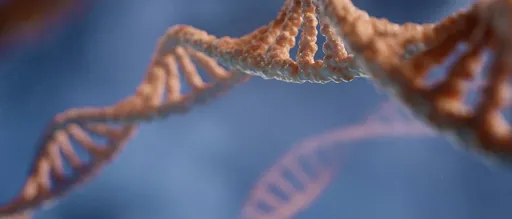“One of the reasons intermittent fasting can work is that it reconnects you with what hunger feels like.” ~ Chris Mohr
The Power of Fasting
Fasting provides many benefits. However, if you are uncertain about what to do when you break your fast, you can hinder reaping the best results.
After fasting, it’s important to reintroduce food gradually to avoid digestive discomfort and allow your body to adjust. Here are some guidelines on what to eat after fasting:
- Start with Light Foods
- Include Whole Foods
- Hydrate Adequately
- Consider Probiotics
- Be Mindful of Portion Sizes
- Listen to Your Body
Let’s unpack each more below!
What to Eat After Fasting
1. Start with Light Foods
Begin with easily digestible and gentle foods such as soups, broths, or light salads.
This allows your digestive system to awaken slowly and minimizes the chances of overwhelming it.
2. Include Whole Foods
Focus on consuming whole, nutrient-dense foods.
Include a variety of fruits, vegetables, whole grains, lean proteins, and healthy fats in your meals.
These foods provide essential nutrients to support your overall health and well-being.
3. Hydrate Adequately
Drink plenty of water throughout the day to stay hydrated.
You can also have herbal teas or infused water to add some flavor.
Avoid sugary beverages and opt for natural, unsweetened options.
4. Consider Probiotics
After fasting, it can be beneficial to introduce probiotic-rich foods like yogurt, kefir, sauerkraut, or kimchi.
These foods help replenish the beneficial bacteria in your gut and support digestion.
5. Be Mindful of Portion Sizes
Even though you may be hungry after fasting, it’s important not to overeat or indulge in large, heavy meals immediately.
Start with smaller portions and gradually increase them as your body adjusts.
6. Listen to Your Body
Pay attention to how different foods make you feel.
Everyone’s digestive system is unique, so take note of any sensitivities or reactions you may experience and adjust your diet accordingly.
Remember, if you have any specific dietary requirements, allergies, or medical conditions, it’s advisable to consult with a healthcare professional or registered dietitian who can provide personalized recommendations based on your needs.
Next Steps to Building Your Fasting Habits
Now that we have reviewed some tips on the best food/methods of eating after a fast, it is now time to look at next steps for building good fasting habits.
You have what it takes inside you to make a definite choice that will change the future trajectory of your health.
Our team at Tiger Medical has the experience, clinical skills, and coaching acumen to help you get your health and energy back and lose weight.
To talk to one of our professionals, click here to schedule your call!
For further reading, view the following articles on our learning center:



 8min to read
8min to read
